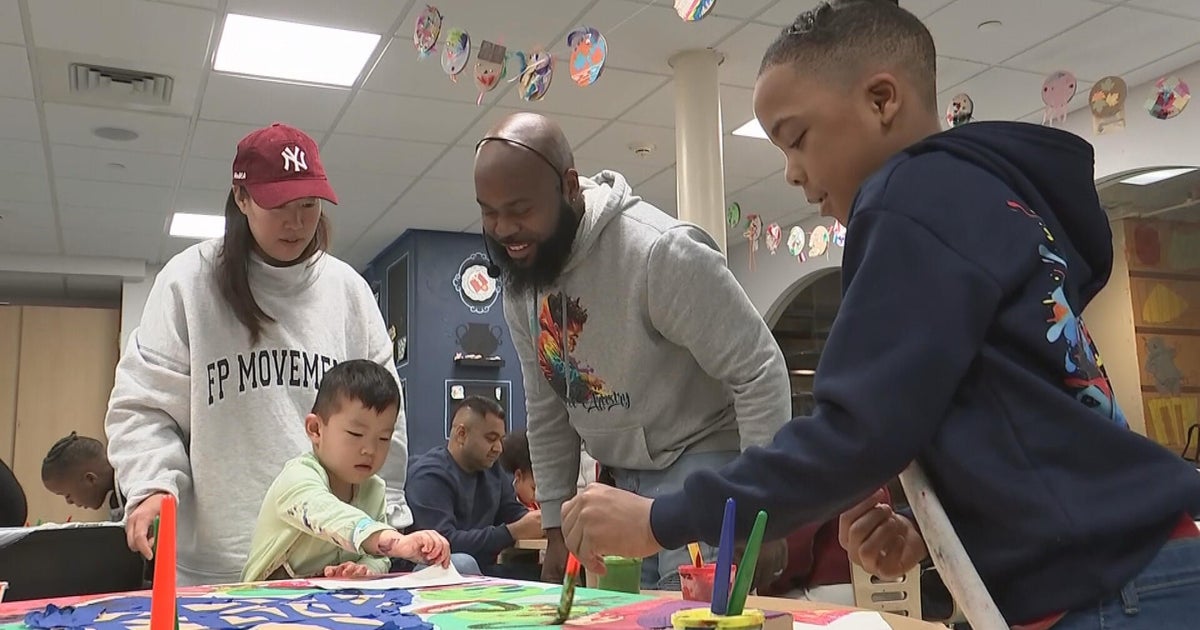Study: Emotional 'Hangovers' Can Affect Future Experiences
NEW YORK (CBS) -- A new study reveals that emotional "hangovers" can affect future experiences.
New York University researchers found that emotional experiences can induce physiological and internal brain states which can persist for an extended period of time, according to Science Daily.
"How we remember events is not just a consequence of the external world we experience, but is also strongly influenced by our internal states – and these internal states can persist and color future experiences," Lila Davachi, the study's lead author and associate professor in the university's Department of Psychology and Center for Neural Science, told Science Daily.
Pa. Man Tries To Pay $20 Fine With Bag Of Coins, Clerk Refuses
Researchers had participants view a series of images that contained emotional content and elicited arousal. Nearly 30 minutes later, one group viewed a series of non-emotional images, while another group viewed the non-emotional scenes first and then the emotional ones. Six hours later, the study's participants were given a memory test of the images they previously looked at.
Measuring skin conductance and brain activity, the study found that participants who viewed the emotional images first had better "long-term recall of the neutral images" compared to the group who viewed the non-emotional images first.
"'Emotion' is a state of mind," Davachi told Science Daily. "These findings make clear that our cognition is highly influenced by preceding experiences and, specifically, that emotional brain states can persist for long periods of time."
Cops: Up To $100K Worth Of Items Taken In Kohl's Smash-And-Grab In Bucks County
The fMRI which conducted the brain activity revealed that "the brain states associated with emotional experiences carried over 20 to 30 minutes and influenced the way the subjects processed and remembered future experiences that are not emotional," according to Science Daily.
"We see that memory for non-emotional experiences is better if they are encountered after an emotional event," Davachi told Science Daily.
The study was published in the journal Nature Neuroscience.







